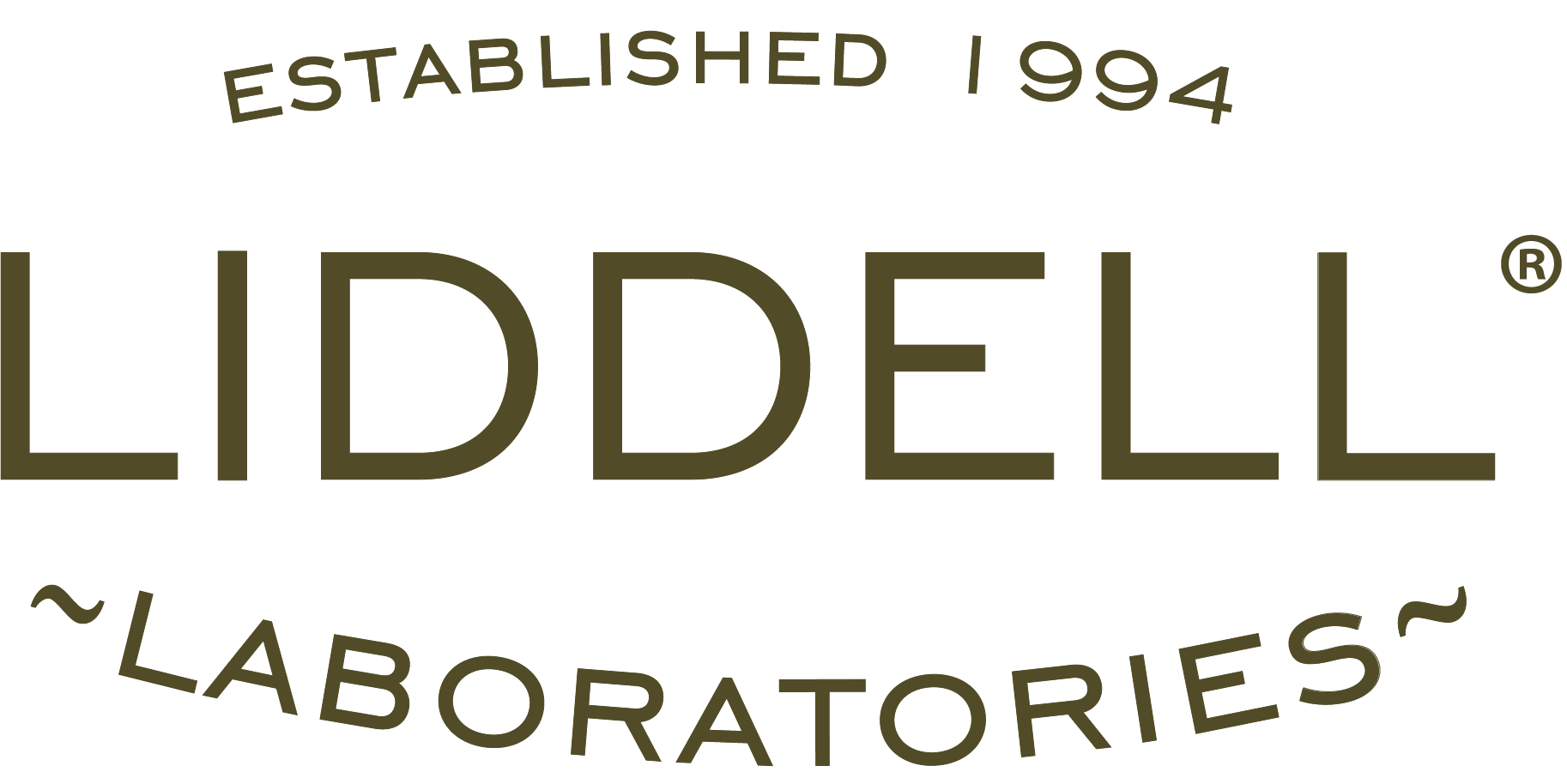Recently China announced that it would no longer be accepting certain types of recyclables from foreign countries, including plastics. This has stressed many U.S. recycling systems that were exporting one-third of such waste to China for recycling. Some municipalities have even admitted that while plastic recycling will still be collected, some of it will likely end up in the landfill.
Plastic recycling has always been somewhat problematic. Unlike glass and aluminum, plastic loses its integrity and has to be down-cycled into a less flexible form of plastic. So a plastic bottle cannot be recycled into a new plastic bottle but instead a piece of plastic building material or some other less flexible type of plastic. In comparison, glass and aluminum packaging can be made into new similar containers indefinitely.
Liddell® Laboratories is committed to the use of glass bottles for our exceptional spray homeopathic blends, out of concern for the environment and considerations about the integrity of our products.
Products stored in plastic containers are being shown to contain potentially harmful chemicals, like Bisphenol A (BPA). Bottled water was recently shown to have plastic residue in it, making many consumers move away from water stored in plastic. BPA has been found in the bodies of 90 percent of Americans tested due to this leaching of chemicals from plastic containers and other sources. One large-scale study showed that individuals who had high levels of BPA in their urine had a higher rate of diabetes, heart disease, and liver toxicity. Because of this potential increased risk of chronic health issues, we need to find safer alternatives for storing our foods and other consumable products.
Because Liddell Laboratories is committed to the integrity of our products at every step of manufacturing, we wouldn’t want to store our carefully made homeopathic blends in plastic.
Here are some additional ideas to help reduce potential exposure to chemicals in plastic:
- Use a paper towel instead of plastic wrap in the microwave.
- Don’t microwave food in a plastic container; use a microwavable plate instead.
- Use safer dishware made from materials like glass or stainless steel.
- Use tempered glass baby bottles instead of plastic. If you use plastic bottles, don’t heat them.
- Store food in glass containers rather than plastic.
- Reduce your use of canned foods because of plastic can liners.
- Discard scratched or worn plastic containers.
- Hand-wash plastics to reduce wear and tear.
 Dr. Laurell Matthews has a bachelor’s degree in biochemistry and received her doctorate in naturopathic medicine from Bastyr University.
Dr. Laurell Matthews has a bachelor’s degree in biochemistry and received her doctorate in naturopathic medicine from Bastyr University.

 Get moving to get rid of depression
Get moving to get rid of depression